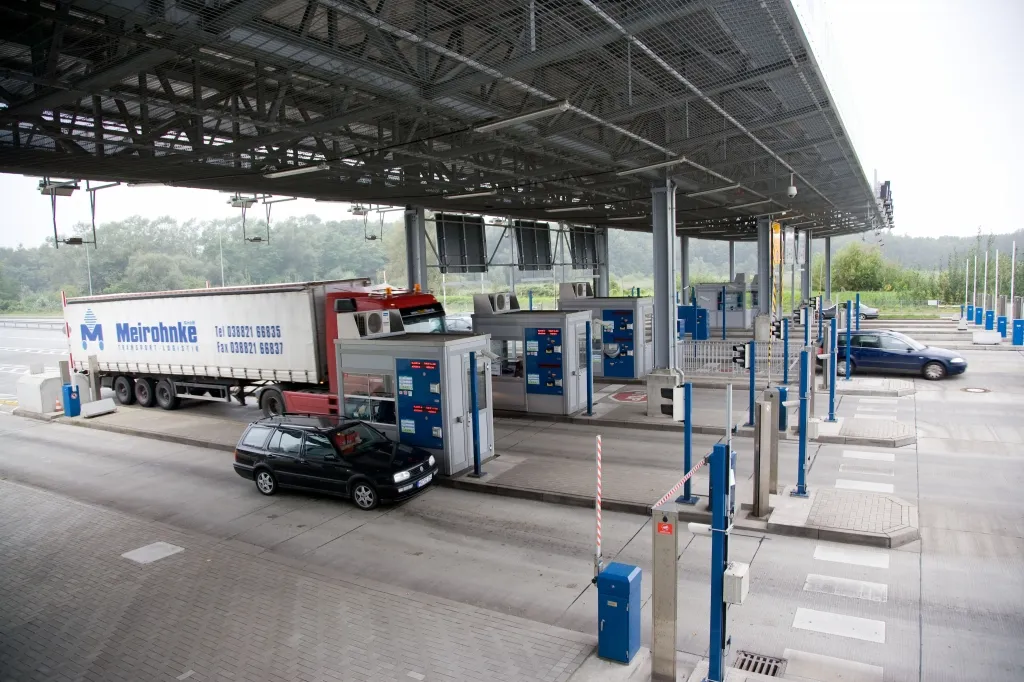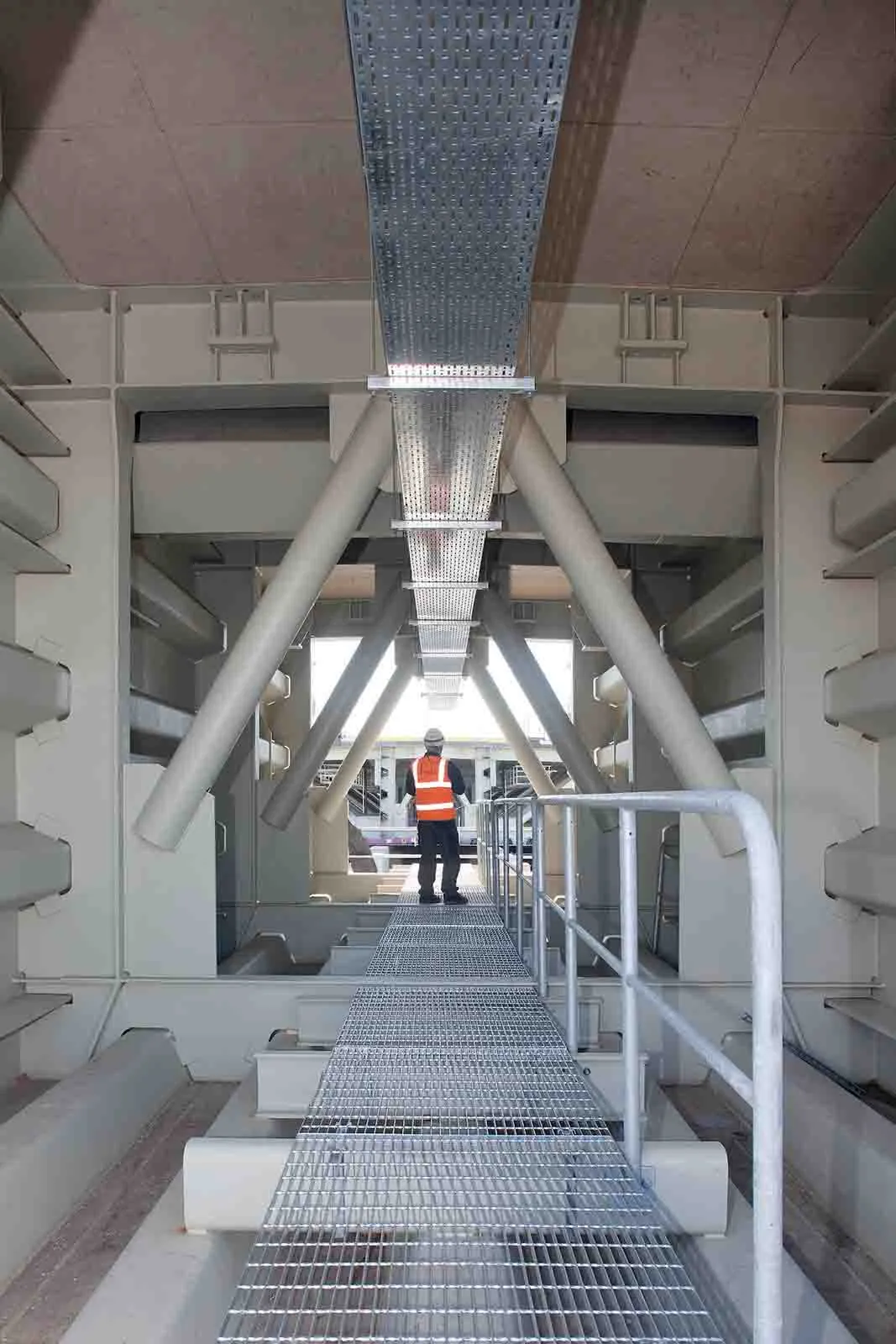Global infrastructure group Hochtief has acquired the 50% of shares in Germany’s Herren Tunnel Lübeck toll road from industrial services provider Bilfinger.
The acquisition brings Hochtief’s ownership to 100% and full operational control of the 30-year public-private partnership between Hochtief Solutions and Bilfinger Berger Project Investments.
A contract with the project company Herrentunnel Lubeck, 50-50 joint venture, was signed in March 1999 and construction started in October 2001.Herrentunnel
March 14, 2016
Read time: 2 mins

Global infrastructure group 981 Hochtief has acquired the 50% of shares in Germany’s Herren Tunnel Lübeck toll road from industrial services provider Bilfinger.
The acquisition brings Hochtief’s ownership to 100% and full operational control of the 30-year public-private partnership between Hochtief Solutions and Bilfinger Berger Project Investments.
A contract with the project company Herrentunnel Lubeck, 50-50 joint venture, was signed in March 1999 and construction started in October 2001.Herrentunnel Lubeck planned, financed and built the project and is operating the tunnel until 2035 when it will be handed over to the Hanseatic City of Lubeck
The 1km tunnel in Lubeck, northern Germany, cost around €78.5 million and is one of Germany’s first toll roads. It is part of the 2.1km toll road that runs under the Trave River. The tunnel replaced a bascule bridge over the Trave River which was not fully functional at the time.
A statement by Hoctief in 2005 said that the total investment was €176 million, of which the German federal government contributed €90 million - the same for construction and maintenance of a new bridge.
The acquisition brings Hochtief’s ownership to 100% and full operational control of the 30-year public-private partnership between Hochtief Solutions and Bilfinger Berger Project Investments.
A contract with the project company Herrentunnel Lubeck, 50-50 joint venture, was signed in March 1999 and construction started in October 2001.Herrentunnel Lubeck planned, financed and built the project and is operating the tunnel until 2035 when it will be handed over to the Hanseatic City of Lubeck
The 1km tunnel in Lubeck, northern Germany, cost around €78.5 million and is one of Germany’s first toll roads. It is part of the 2.1km toll road that runs under the Trave River. The tunnel replaced a bascule bridge over the Trave River which was not fully functional at the time.
A statement by Hoctief in 2005 said that the total investment was €176 million, of which the German federal government contributed €90 million - the same for construction and maintenance of a new bridge.








